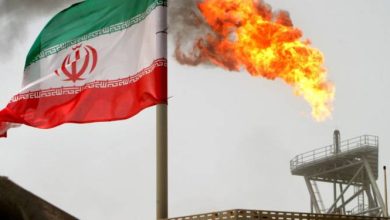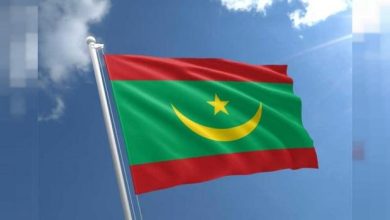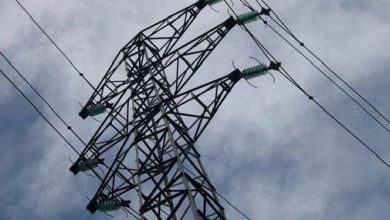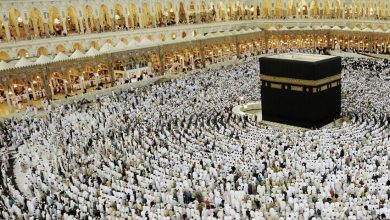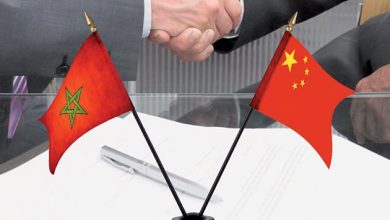In Tunisia, the failure to set a date for the next presidential election is debated
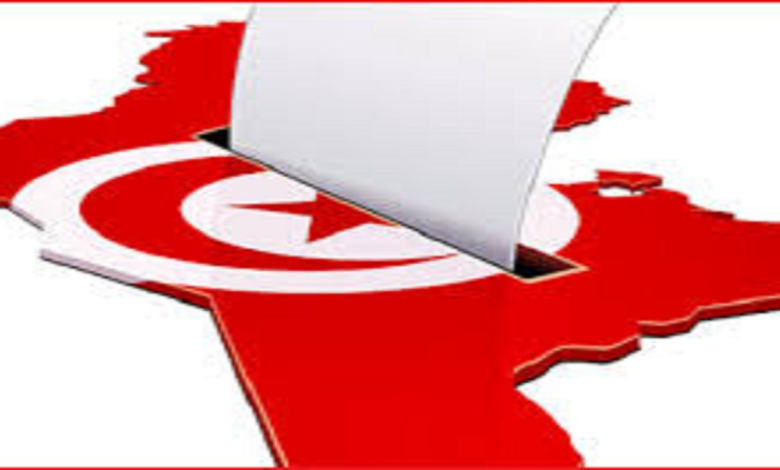
Hibapress
Months after the announcement by the Tunisian electoral body of a provisional date for the next presidential elections, the political scene in Tunisia still remains suspended from the publication of a definitive timetable for this important deadline for the country.
Concerned about guaranteeing a free and transparent vote, several voices were raised within political parties and civil society in Tunisia to demand a precise date for the next presidential election, in order to put an end to the controversy surrounding this important formality in any electoral process.
The Independent Electoral Authority (Isie) had indicated that the Tunisian presidential election will be held on time, between September and October, after the publication of the regulations relating to the conditions of candidacy for the Presidential election in accordance with the 2022 constitution.
The alert was given by the Popular Current party which called on Monday to accelerate the setting of a date for the next presidential election, believing that the publication of the decree regulating this electoral meeting will, if necessary, allow to put an end to this controversy.
The political party deemed it “indispensable” to respect the political timetable in the reinstallation of state institutions.
An opinion shared by the “Mourakiboun” network which for its part called for the setting of a date for the next presidential election, so as to guarantee the transparency of this election.
Faced with this confusion, around a hundred Tunisian public and political figures have warned against any attack on the integrity and transparency of the electoral process in Tunisia, particularly the presidential election scheduled for the end of 2024.
In a joint statement, these personalities from the political world and civil society called for the preservation of the electoral process by respecting the pre-established conditions of candidacy and the rights of the candidates who will be in the running for these electoral deadlines.
The signatories of the petition consider that the introduction of modifications to the electoral law and the conditions of candidacy for the next presidential election with the exception of the conditions of age and nationality risks damaging the credibility of these deadlines.
According to the Constitution of July 25, 2022, the presidential election is held during the last three months of the presidential term. The last presidential election took place in October 2019.
The President of the Republic is elected for a five-year term by universal, free, direct and secret suffrage, by an absolute majority of votes cast, according to the text of the Constitution.
While the boycott has become the norm in the main electoral events after July 2021, the date when the Tunisian president seized full powers, the next presidential election is already the subject of several threats of boycott by opposition groups, lack of conditions guaranteeing free and transparent elections.
The National Salvation Front, the main opposition coalition in Tunisia, has announced that it will not present a candidate in the next presidential election, regretting the absence of the necessary conditions for a “free and transparent competition”.
The President of the FSN Ahmed Nejib Chebbi conditioned the participation of his party by the evolution of the political situation and the release of political detainees incarcerated following a large security crackdown last year.
Several questions also concern observers of the local scene, in particular the role of the electoral body ISIE, responsible for monitoring the smooth running of the election and whose members are appointed by the President of the Republic, which raises questions. questions about its neutrality, according to several analyses.
Other observers are also concerned about the absence of the Constitutional Court, a pillar in the institutional architecture, which leaves a significant void on the constitutional level, as the crucial deadlines for shaping the political landscape of the country approach. country.
Over the last two years, Tunisia has experienced electoral events establishing a mode of governance from the base, the most notable of which are the legislative elections at the end of 2022 and the local elections of last December and February, largely shunned by Tunisians.

